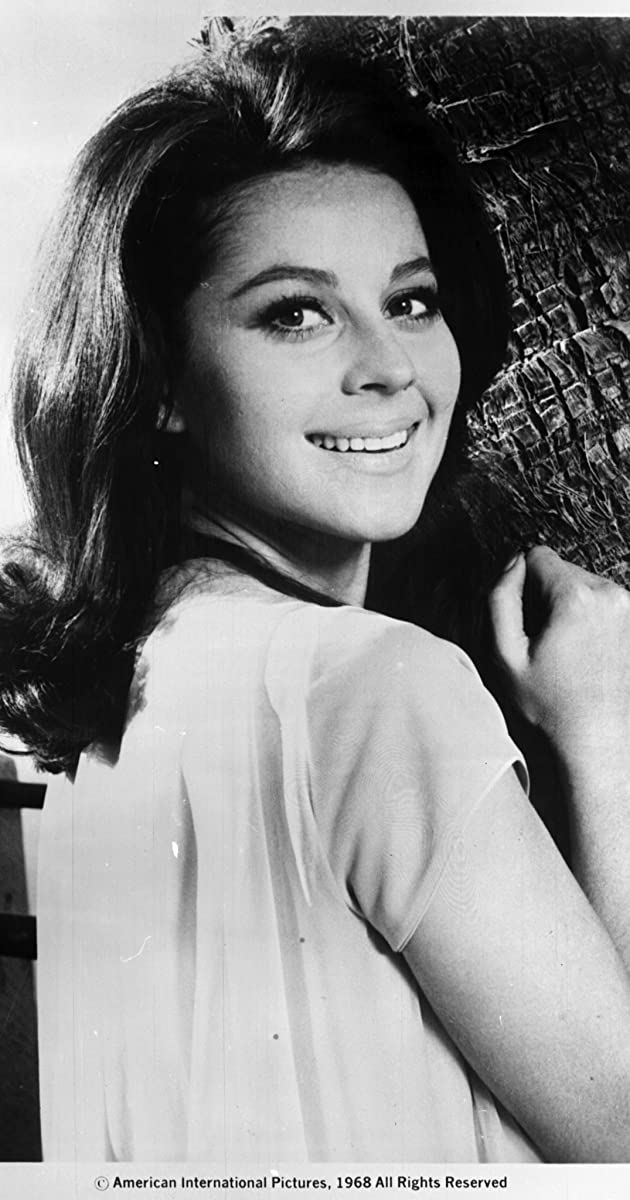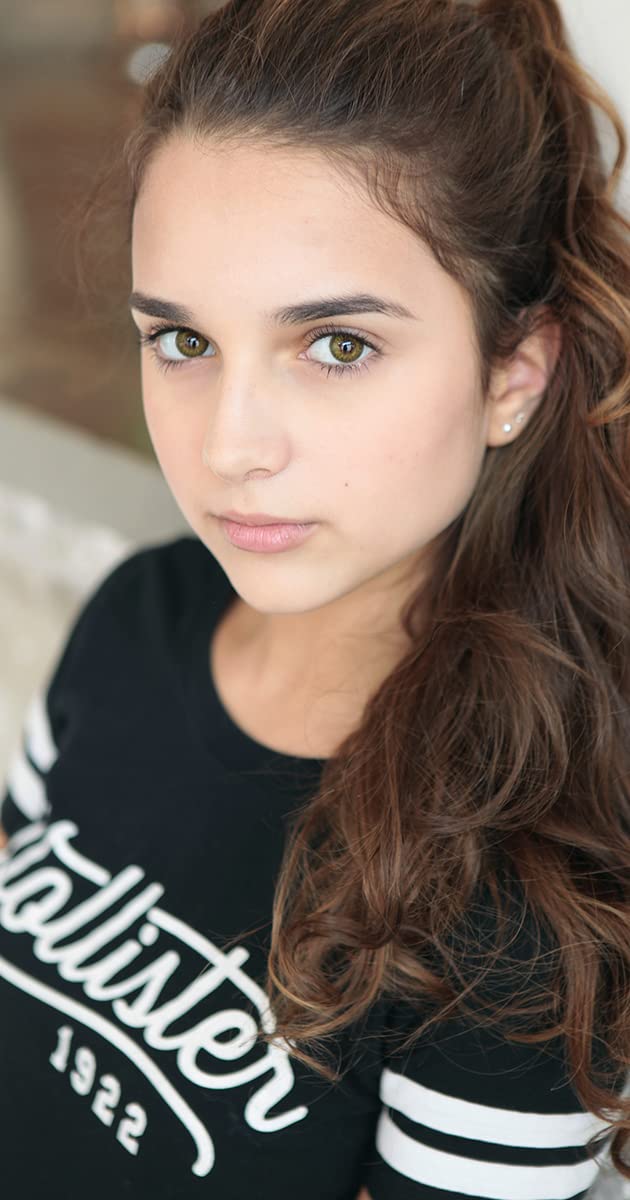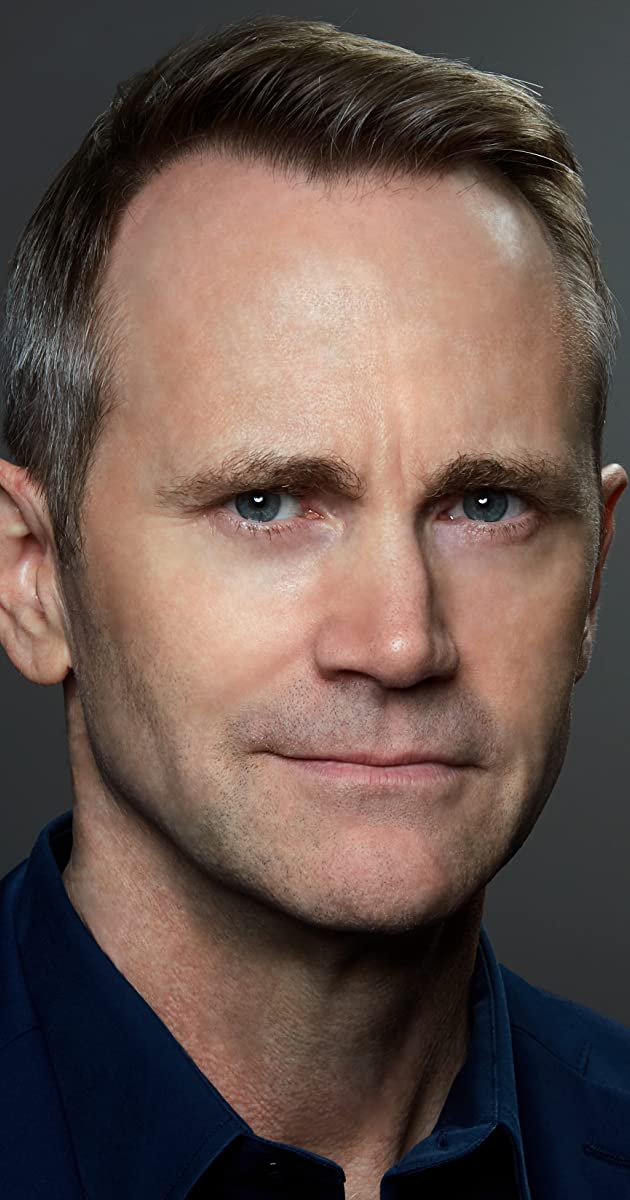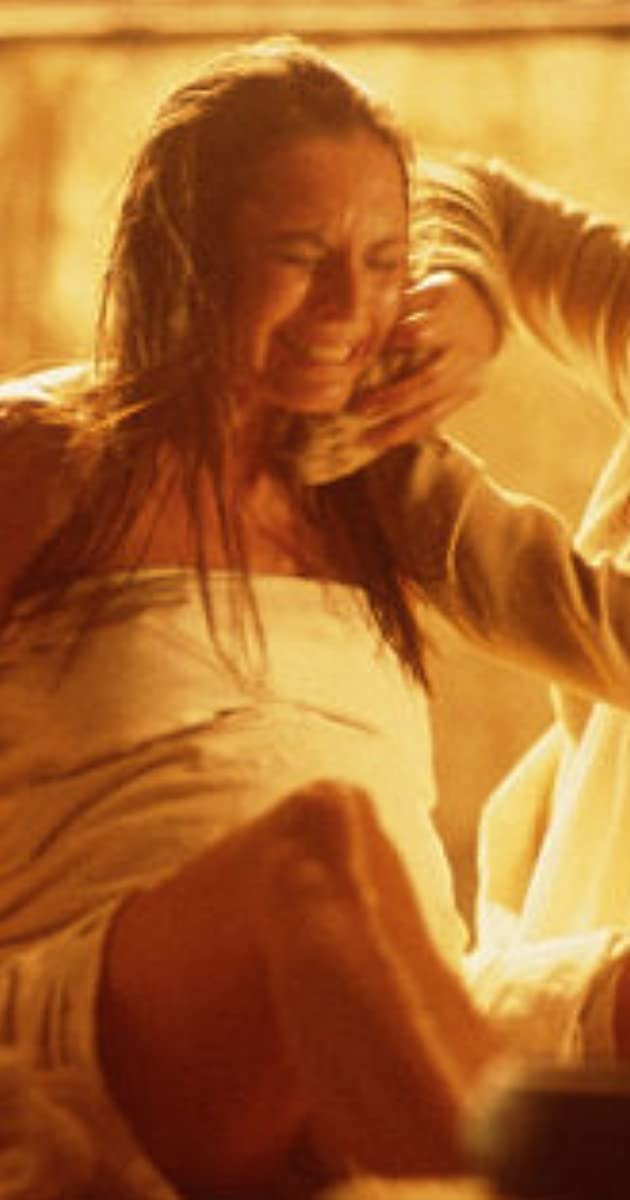
Gorgeous, chestnut-maned Sherry Jackson began her promising career as a pleasant-looking child actress. She and brother Robert were the stepchildren of television writer/director/actor Montgomery Pittman, who died of cancer in 1962. There’s a rumor that Idaho-born Sherry was discovered by a talent agent while she and her mother were waiting for a bus. She began with unbilled small roles in such films as You’re My Everything (1949), For Heaven’s Sake (1950), Lorna Doone (1951), The Great Caruso (1951), and the “Ma and Pa Kettle” series (as Susie Kettle, one of the couple’s numerous children).
Sherry’s roles eventually increased in size, holding her own among Hollywood’s movie elite at the time — moppet star Bobby Driscoll in When I Grow Up (1951) and ruggedly handsome Steve Cochran in The Lion and the Horse (1952). She earned more attention than usual as John Wayne’s daughter in Trouble Along the Way (1953), but her most impressive role during this stage was as a Portuguese youngster who witnesses a vision in Miracle of Fatima (1952). The film Come Next Spring (1956) was written for her by her stepfather and directed by R.G. Springsteen.
At age 11, television became her choice of medium. Sherry literally grew up as Danny Thomas’ coquettish daughter Terry Williams on Make Room for Daddy (1953). After leaving the series, Sherry somewhere along the line grew totally out of her pert and pretty teen figure into a ravishing stunner. Once she left the stability of the classic sitcom (the script had her heading off to college), things changed drastically workwise. Going through the difficult adjustment of child star to adult actress, she found this increasingly hard to find work. As such, her skills as an actress were seldom tested while taking on roles that emphasized her obvious physical stature and allure.
The image makeover was incredible — from a smart and vulnerable child to a bewitching and capricious vixen. She developed minor cult worship playing sexy beehive brunettes in such low-budget films as Wild on the Beach (1965), Gunn (1967) and The Mini-Skirt Mob (1968), and on popular television series in episodes of Batman (1966), Lost in Space (1965), Star Trek (1966) and The Wild Wild West (1965). One could usually count on spotting Sherry somewhere as a biker girl, cooey-voiced party girl or scantily-clad femme fatale. Her adult work was fairly standard; however, the camera did love her. Her career pretty much fell away by the early 1980s.


